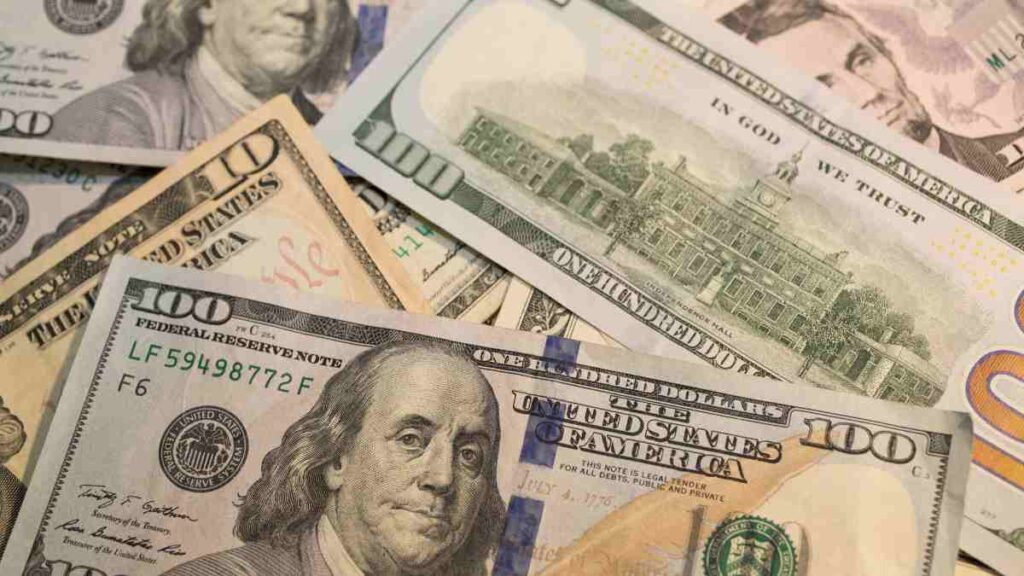If you live in Alaska, you’re probably familiar with the Permanent Fund Dividend (PFD), an annual program that distributes a portion of the state’s earnings from its natural resources, such as oil and gas. Each year, most Alaskan residents receive a stimulus check as part of this initiative, providing financial relief to many families across the state.
For 2023, the approved amount was $1,312 per person, a sum that many residents have already received in 2024. However, if you still haven’t received this payment, your chances of getting it might be dwindling, as Alaska’s Department of Revenue has already begun issuing checks for 2024. If you’re still waiting, it’s important to act fast and understand what steps to take next to ensure you don’t miss out on any potential funds.
Distribution of the 2024 stimulus check
This year, the Permanent Fund Dividend has approved a larger payment: $1,702 per resident who meets the eligibility requirements. Those who submitted their application online and opted for direct deposit before September 20, 2024, began receiving their funds starting on October 3.
If you didn’t submit your request before that deadline or if your application moved to “Eligible” status after September 20 but before October 14, don’t worry. The next round of payments is scheduled for October 24, 2024. This means there’s still a chance for you to receive your check if you met the eligibility criteria within that timeframe.
What to do if you didn’t receive the 2023 check
If you haven’t received your 2023 payment, it’s crucial to act quickly. The official 2024 Alaska Permanent Fund Dividend website doesn’t mention whether the 2023 approved amount is still being distributed. Therefore, if you believe you’re eligible but haven’t gotten your payment, your best option is to contact the Alaska Department of Revenue directly.
You can reach them by phone at 907-465-2326 or send them a fax at 907-465-3470. If you prefer to visit in person, you can head to the Permanent Fund Dividend Division at P.O. Box 110462, Juneau, AK 99811-0462. Addressing any potential issues as soon as possible is essential because as time passes, it may become harder to resolve outstanding payments from the previous year.
Update your banking information or address
If you’ve changed banks or your mailing address has changed since you last submitted your application, it’s critical to update this information to avoid any delays in receiving your check. The Alaska Department of Revenue provides a specific form that residents can use to update both their payment methods and mailing addresses.
This is particularly important if you’re already expecting the 2024 check because any mistakes in the information you’ve provided could cause delays. Ensuring that your payment details are current will help avoid complications down the line. If you’re unsure whether your details are up-to-date, now’s the perfect time to check.
Key dates to keep in mind
As mentioned, the 2024 check distribution has already started for those who applied before September 20 and selected direct deposit. October 24 will be the next key date for those whose applications were approved between September 20 and October 14, 2024. If you haven’t received your payment yet or have questions about the process, it’s a good idea to contact the Department of Revenue to ensure that everything is in order with your application.
It’s important to stay aware of these deadlines because the check distribution dates don’t extend indefinitely. If your application is stuck or you missed one of the requirements, you still have time to correct some errors and get your payment. But acting sooner rather than later is always a good idea to avoid missing out.
Taking action now, especially if you’ve encountered any issues with your eligibility or payment status, ensures that you’re prepared to receive any future payments without unnecessary delays. The longer you wait, the harder it might become to resolve any issues, particularly as the state moves forward with new payment cycles each year.
